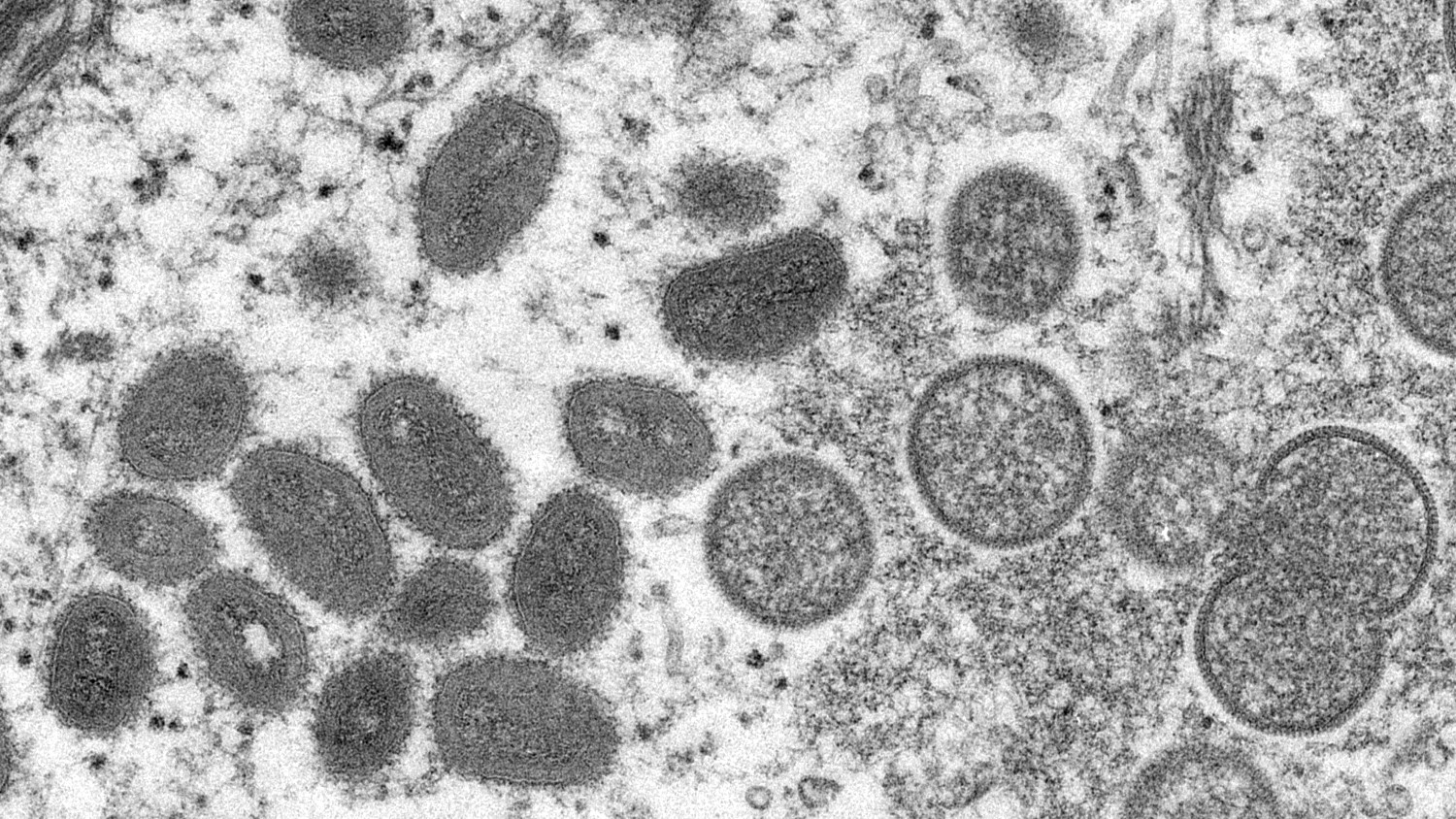(BIVN) – The State of Hawaiʻi has received 357 doses of the monkeypox vaccine.
The Hawaiʻi Department of Health says the allocation of the YNNEOS vaccine from the Strategic National Stockpile. The State says the federal government expects more than 1.6 million doses to be made available nationwide this year, and Hawaiʻi will continue to receive allocations as supply becomes available.
“Getting vaccinated reduces the chance of getting monkeypox, and it may reduce symptoms if you do get it,” said Deputy State Epidemiologist Dr. Nathan Tan. “We will continue to work with the community to ensure that vaccines reach those most at risk for infection and severe disease and ensure that Hawaiʻi’s allocation is distributed equitably.”
As of June 24, 2022, the health department has identified five (5) confirmed monkeypox cases and one (1) probable case in Hawaiʻi residents.
With vaccine supplies limited, the State “has developed a strategy for vaccine allocation in Hawaiʻi to protect those at increased risk of infection or severe disease”, and says:
- The first phase will use Hawaiʻi’s allocation to vaccinate close contacts of people known to have monkeypox, and for people who may have had high-risk exposures in venues or areas where monkeypox is actively spreading. DOH is arranging vaccine distribution and administration in this first phase. In this phase, vaccines will not be available through your doctor.
- DOH expects to receive additional doses in the coming weeks. In the second phase of the distribution plan, broader vaccination of people who may be at risk of severe illness or future exposure will be considered. DOH will announce when vaccine becomes more widely available.
The health department added:
While most people diagnosed with monkeypox experience mild to moderate illness, the rash and sores can be itchy and painful. Infection begins with flu-like symptoms such as fever, headache, muscle aches, chills, exhaustion, and swollen lymph nodes. Infection progresses to a rash or sores, often on the hands, feet, chest, face, or genitals. Individuals generally become ill within 21 days of exposure.
Monkeypox is mainly spread through close, intimate contact with body fluids, lesion material, or items used by someone with monkeypox as well as close, prolonged contact with an infected person or animal. Monkeypox may be spread through large respiratory droplets. These droplets generally cannot travel more than a few feet, so prolonged face-to-face contact is required. Anyone who has close contact with someone with monkeypox is at risk of infection, regardless of sexual orientation or gender identity.
Individuals with monkeypox symptoms, including flu-like symptoms, swollen lymph nodes, or new or unexplained rash or sores, should immediately contact their healthcare provider.
Nationwide, the current cases are primarily spreading among social networks of gay, bisexual and other men who have sex with men, so this community is currently at greater risk of exposure. In Hawaiʻi, at least some of the cases have been reported among gay or bisexual men.


by Big Island Video News7:34 pm
on at
STORY SUMMARY
HONOLULU, Hawaiʻi - Health officials say they have received the vaccine allocation from the Strategic National Stockpile and will continue to receive allocations as supply becomes available.